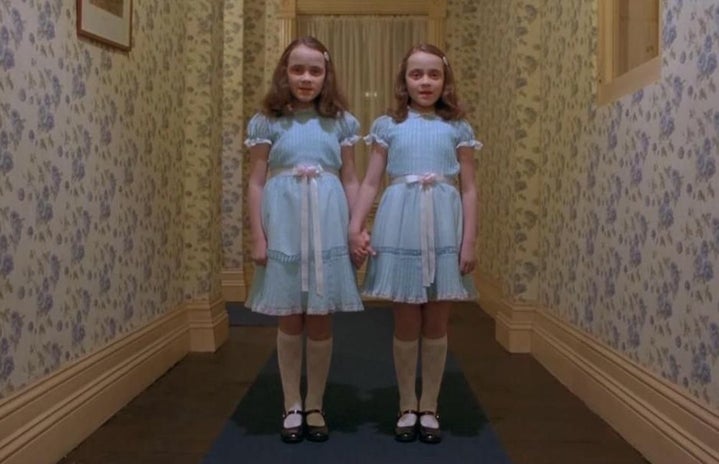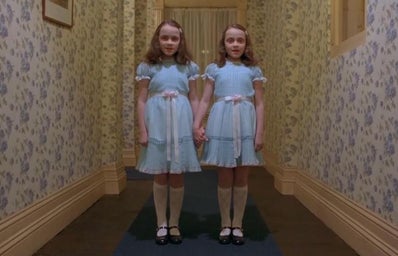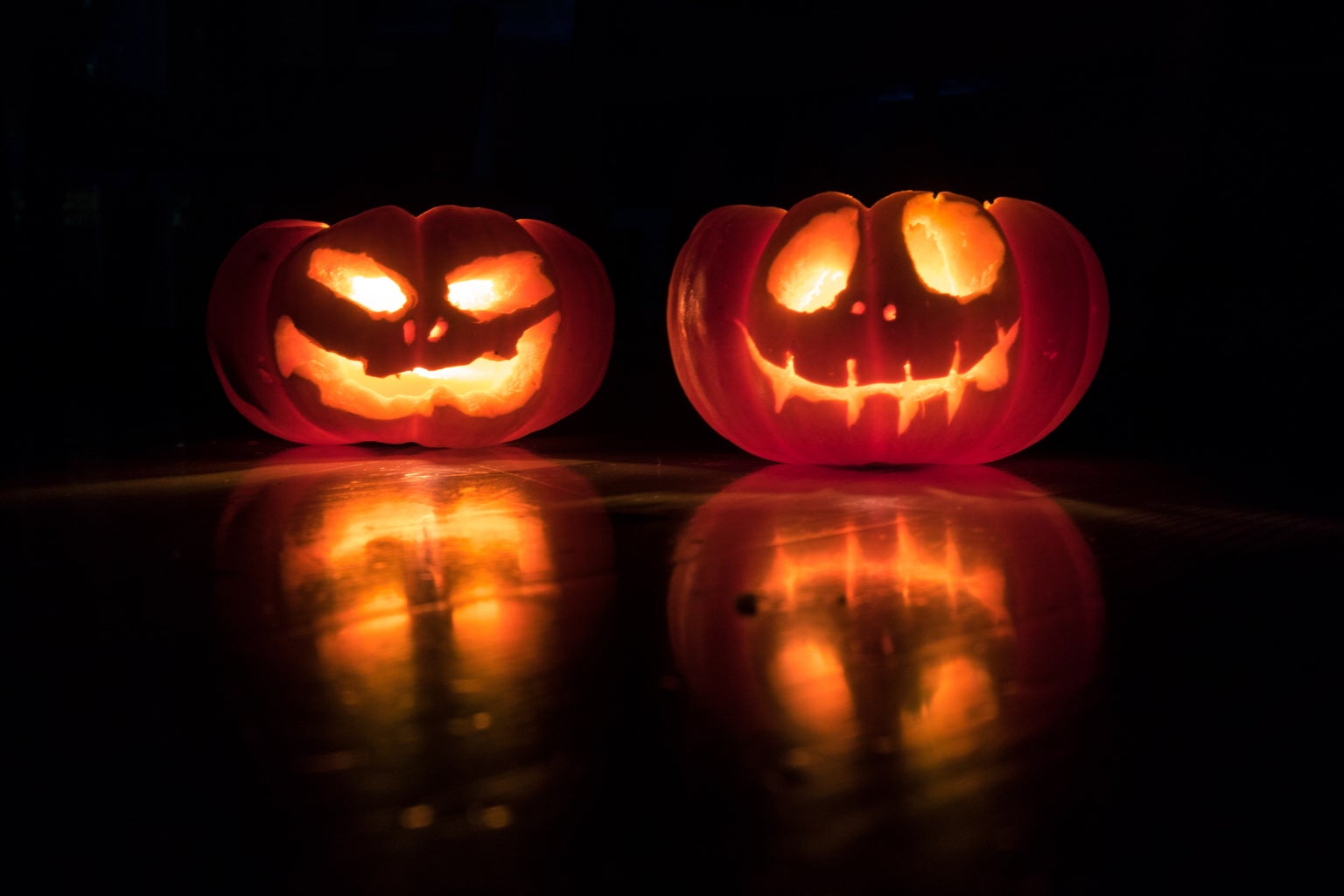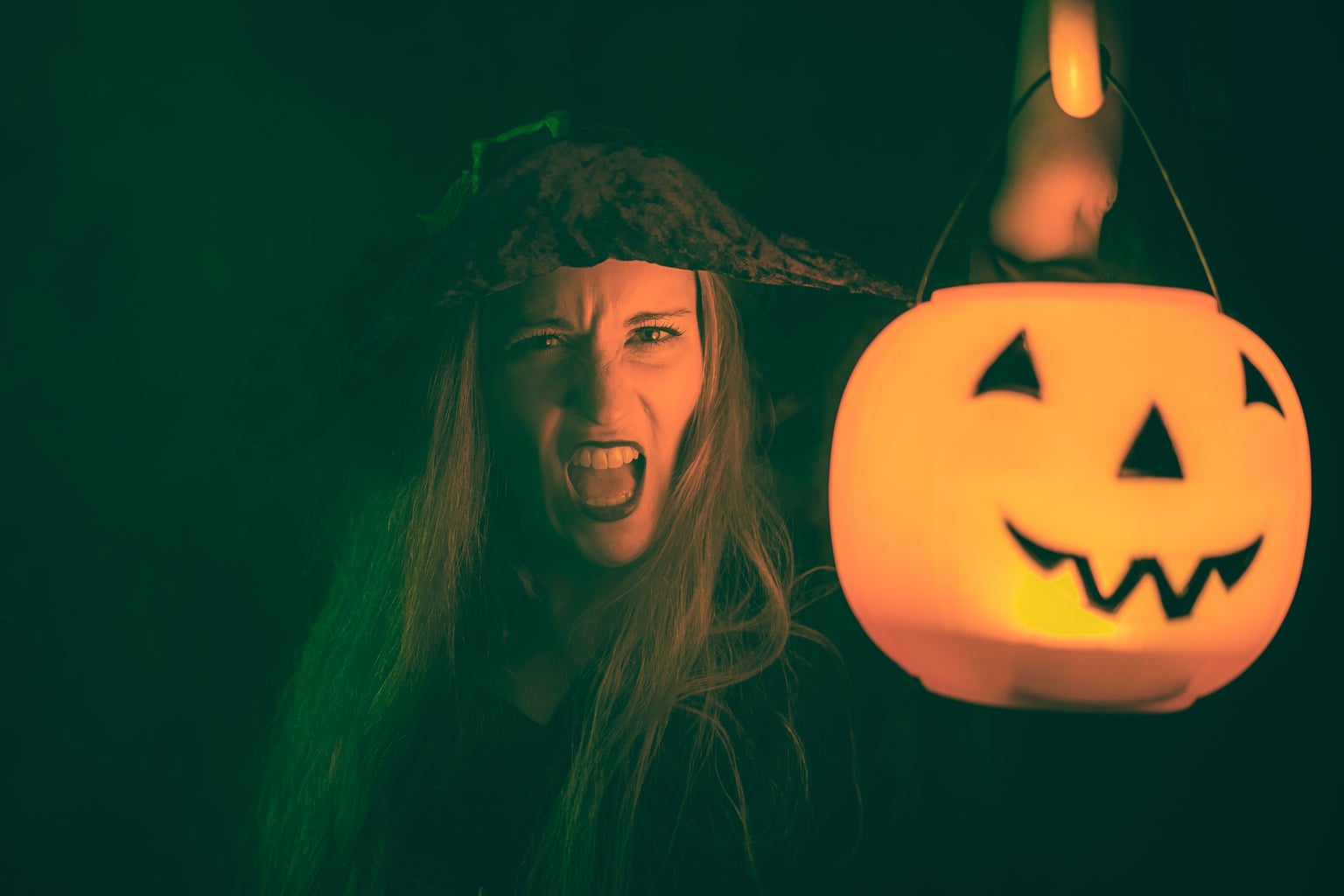Out of all the holidays widely celebrated in America, Halloween is probably the most peculiar. There are religious holidays to worship deities, days of observance to remember tragedies, and festivities to foster nationalism and commemorate historical victories, but why devote an entire holiday to experiencing fear? Why have skeletons, ghosts and ax murderers become a staple of the month of October? While the holiday itself has roots dating back to harvest festivals over 2,000 years old, why do we continue to consume movies, buy costumes and read stories that are meant to scare us?
On a biochemical level, humans are stimulated when they experience fear. When we tour through a haunted house or read about a demon taking over a child’s body, our brains release adrenaline, heightening our sensations. The brain also releases dopamine in response to fear, which produces the exhilarating feeling that thrill-seekers find so enjoyable. Sharing ghost stories under flashlights and watching jump scares provides a way for thrill seekers to experience this adrenaline rush without actually putting themselves in harm’s way: the same way that reading true crime allows people to stimulate their minds with terrifying situations without actually having to experience them.
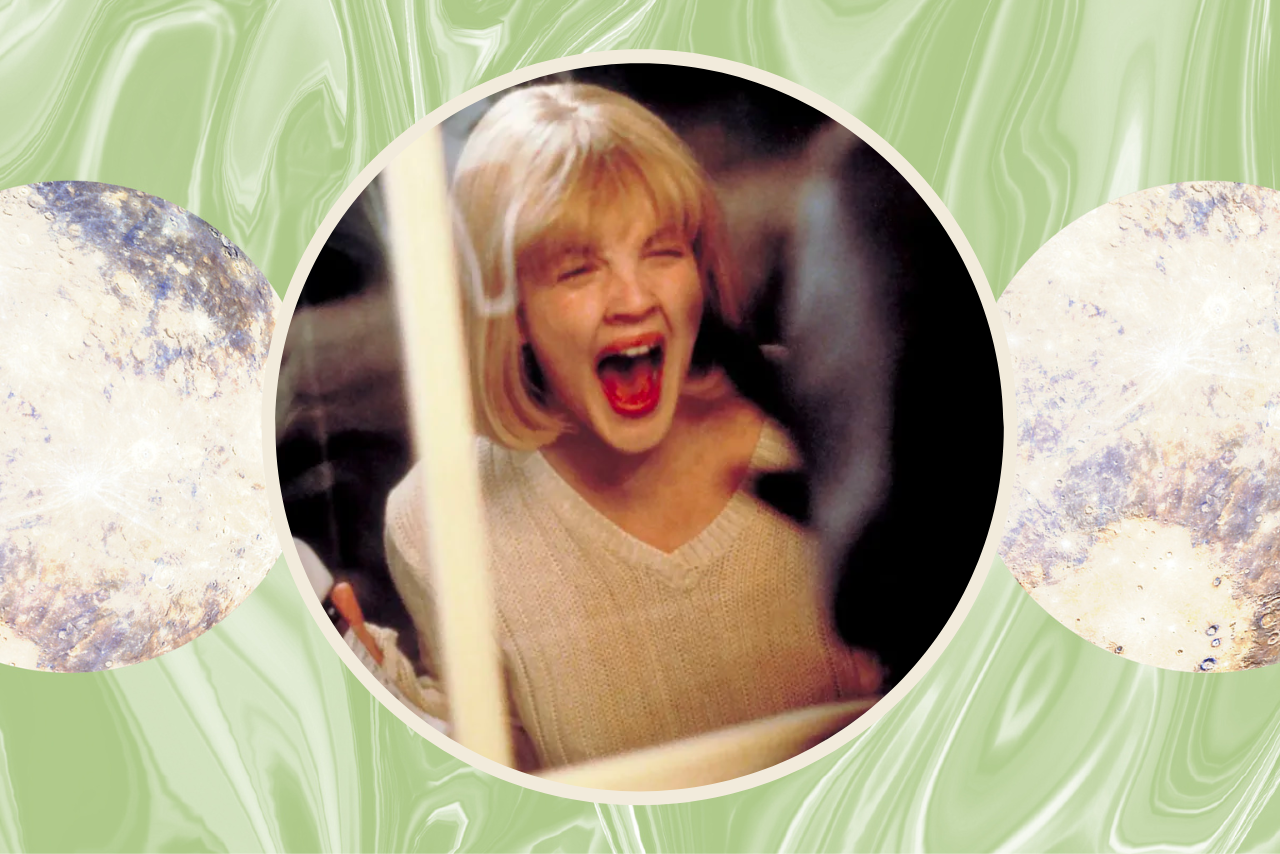
Another possible explanation for why we gravitate towards fictional horrors is that it distracts us from the horrors of the real world, giving us a safe space to store these emotions without thinking for too long about what is really scaring us. In his letter Why We Crave Horror Movies, renowned thriller author Stephen King argues that scary stories act as a cathartic experience to relieve readers of real-life horrors. Worrying about “The Bogeyman” or “Bloody Mary” is a lot more palatable than fearing death, loneliness and growing old. By choosing to project ourselves into a world of zombie apocalypses and killer dolls, we can cope with our inability to control the unsettling aspects of life by choosing to fear something that we can control. When the movie ends or the story is finished, we can calm our fears by reminding ourselves that what we are afraid of is not real- a luxury we do not have with real-world horrors.
At the end of the day, Halloween is still at its core a fun excuse to dress up, eat candy and decorate with cobwebs and jack-o’-lanterns. While I enjoy horror movies and giggling over fake blood as much as the next person, I think it is interesting to learn why we find these things so enjoyable. While this holiday appears to be trivial and sometimes disturbing on the outside, it is worthwhile to understand the exhilaration and catharsis that Halloween provides us with.
